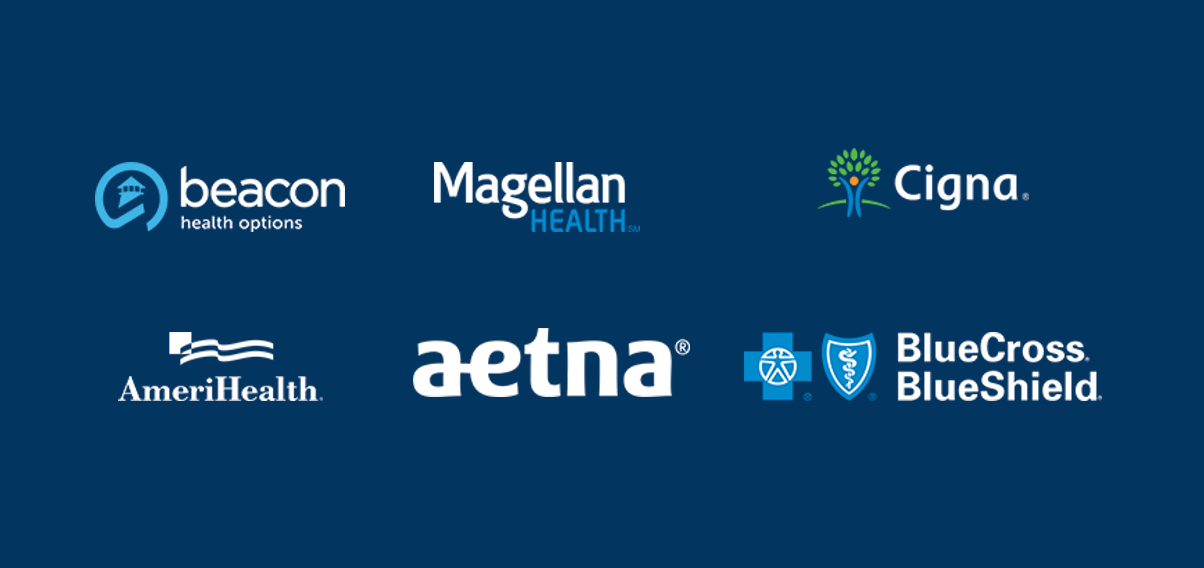Is It Worth Paying For Mental Health If You Don’t Have Insurance?
The short answer is yes. We know that paying for mental health without insurance can be difficult, often involving a significant financial commitment. However, for individuals struggling with their mental well-being, seeking professional mental health treatment can be a critical step towards an overall healthier, happier life.
Seeking professional treatment can help reduce the associated costs of continued mental health treatment. Untreated mental health disorders can have significant long-term physical, emotional, and financial consequences. Here are a few examples of mental health treatment costs:
- Medical Costs: Substance use disorder and addiction can lead to various health problems, including liver disease, heart disease, respiratory problems, and mental health issues. Treating these health problems, including hospitalization, medication, and ongoing medical care, can be expensive.
- Legal Costs: Substance abuse can lead to legal problems, such as arrests, fines, and legal fees. These costs can add up quickly and have long-term consequences, including a criminal record that can impact employment opportunities and financial stability.
- Lost Income: Substance abuse can lead to lost productivity and missed workdays, impacting income, job stability, and financial stability.
- Relationship Costs: Substance abuse can strain personal relationships, leading to divorce, separation, or loss of social support. This can impact mental health and financial stability, including the need to pay for child support or alimony.
- Cost of Substance Abuse: Purchasing drugs or alcohol can add up quickly, especially if the addiction progresses. This can lead to financial difficulties, including the inability to pay bills, maintain housing, or meet basic needs.
An Institute of Medicine research study indicated that the annual cost of outpatient treatment for cocaine or heroin was around $3,100 per individual. The cost of residential cocaine treatment was around $12,500. However, untreated addictions were projected to cost $43,200 per year per individual, primarily because of legal expenses and incarceration.
It’s estimated that substance abuse costs society $442 billion annually in health care, lost productivity, and legal expenses.









